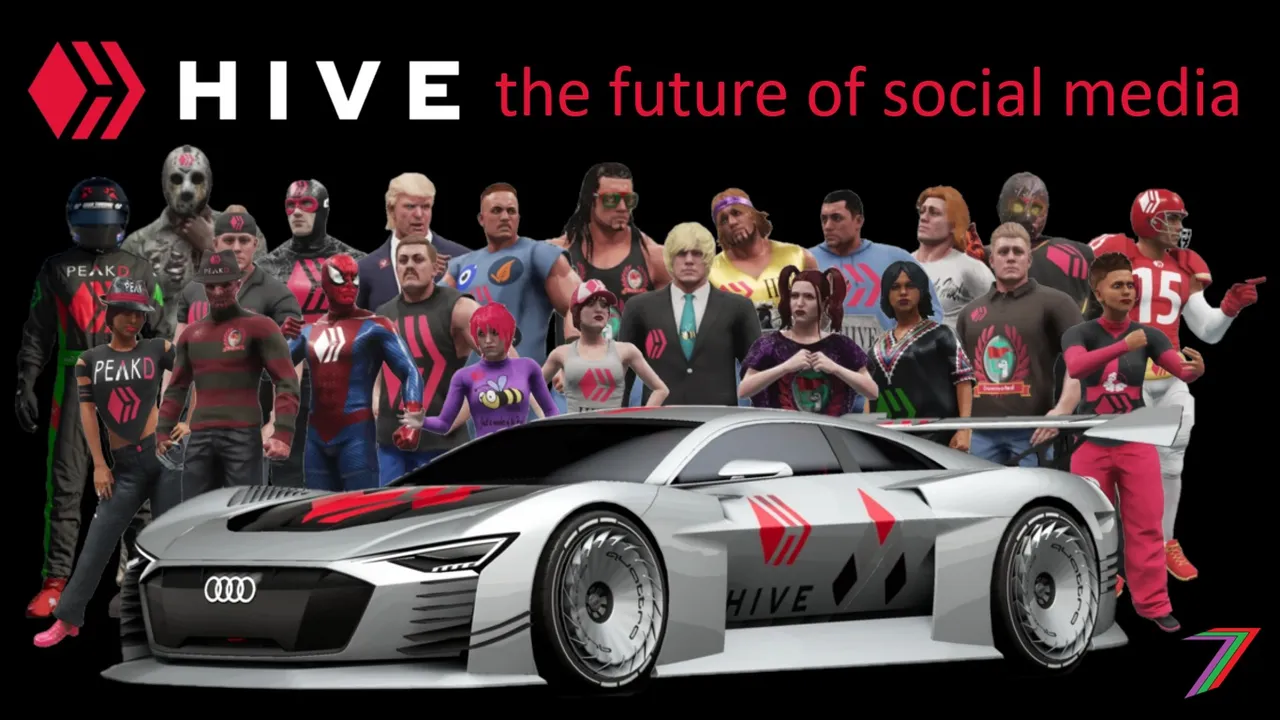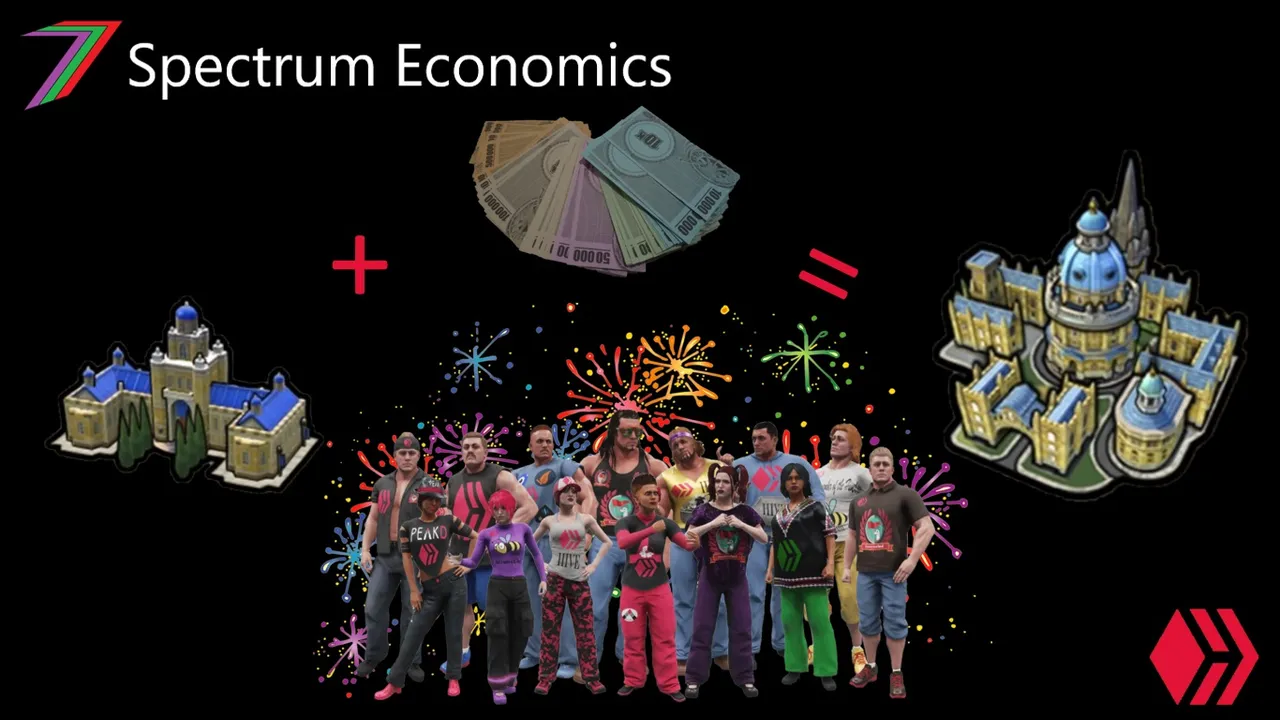Hi Everyone,
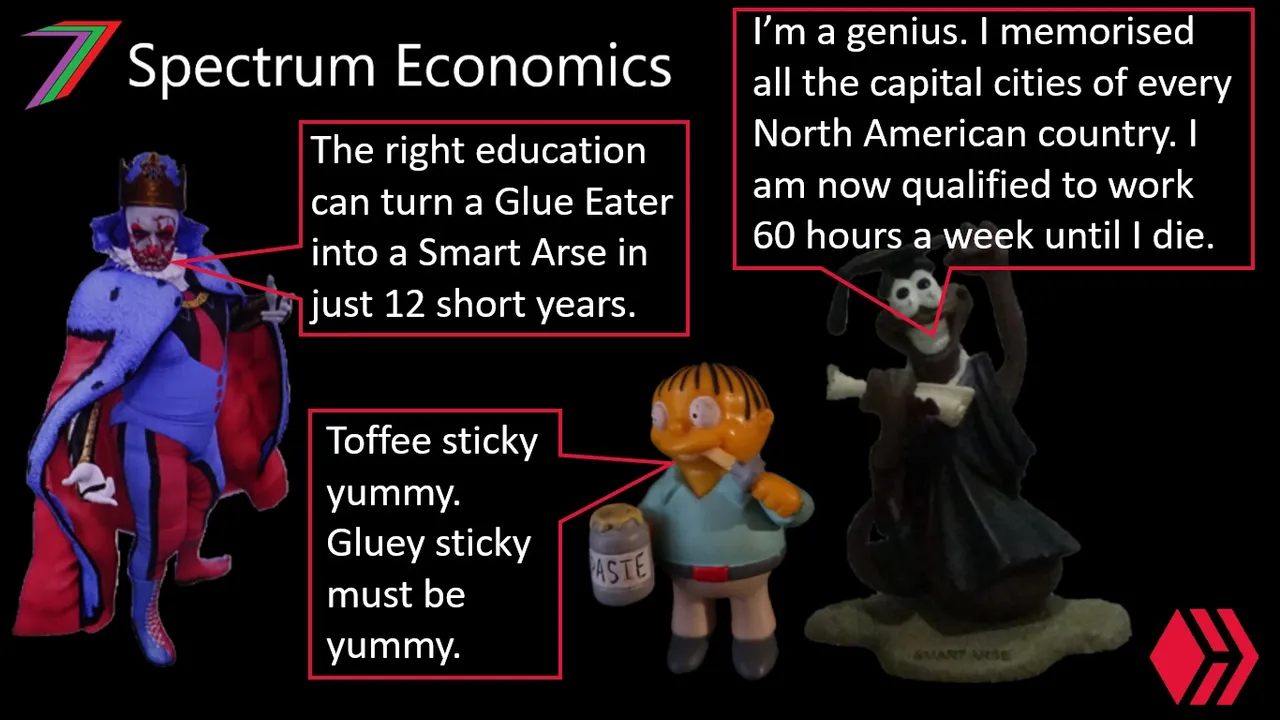
I strongly believe a good education is an essential cornerstone for achieving a good life. However, obtaining a good education is not a straightforward process. We need to understand what a good education is, how to obtain it, and how to apply it. In this post, I discuss an approach to education. I discuss what I believe are important elements of a good education and how these can be achieved.
In my previous post Education – Prevent, Solve, or Manage, I discussed several aspects of education. These included;
- The difference between a good and a bad education.
- Whether the public or private sectors should provide education.
- Education as a lifelong pursuit.
- How we can apply the ‘Prevent, Solve, Manage’ approach to improve opportunities to obtain a good education.
The previous post was focused more on my general views regarding education. This post is more description and includes specific areas I believe should be included as part of an education program to enable people to pursue their own education path based on personal interests and needs.
What is a good education?
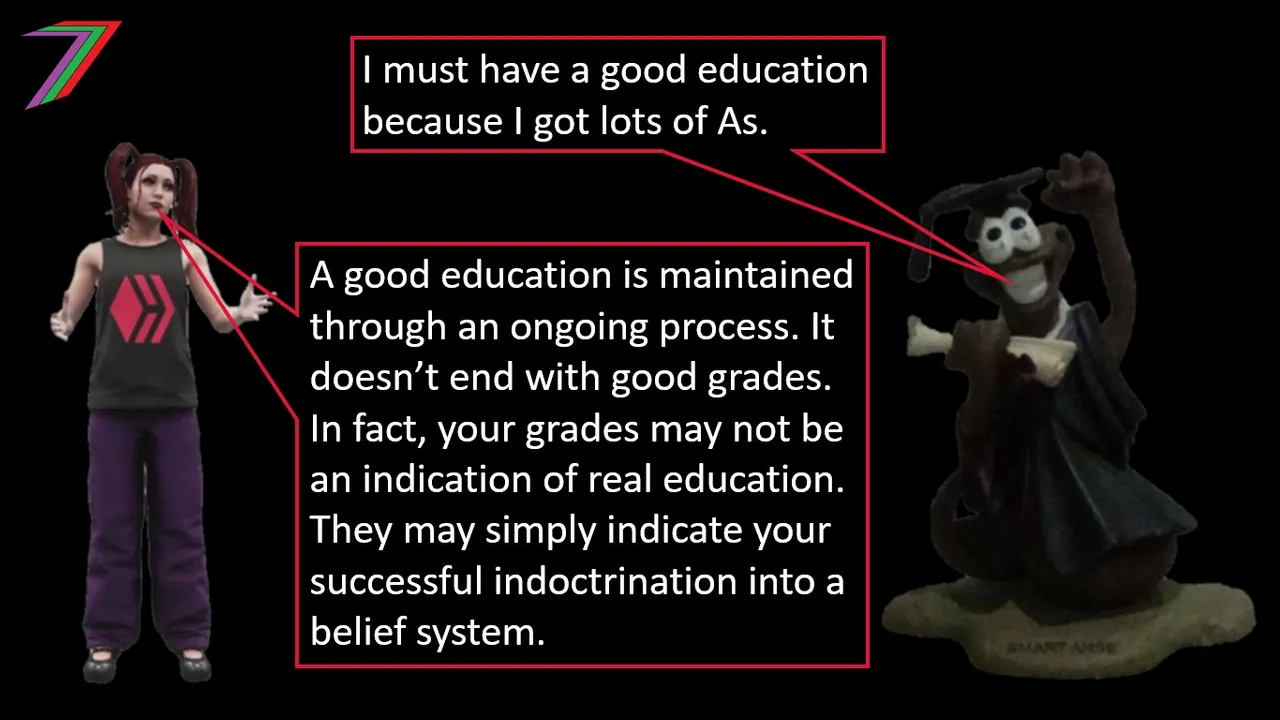
A good education should provide us with the knowledge to understand and the ability to explore the world around us, other people, and ourselves. A good education should be focused on giving us tools to expand our knowledge and understanding rather than prescribing what we should and should not learn. In this post, I discuss what I believe could form the foundations of a good education.
Below is a definition of education, which aligns quite closely to what I believe education should involve.
The act or process of imparting or acquiring general knowledge, developing the powers of reasoning and judgment, and generally of preparing oneself or others intellectually for mature life (Dictionary.com).
Building blocks
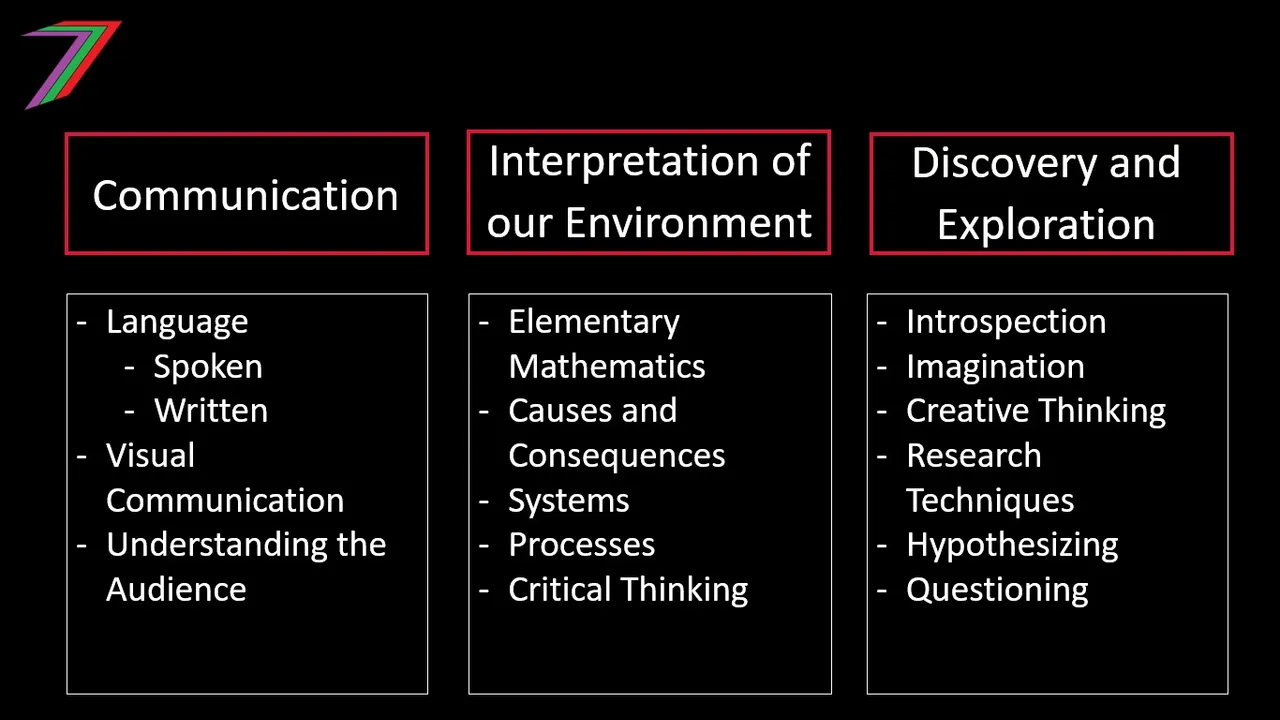
I believe our earliest form of education should be focused on enabling us to shape our own path to more advanced learning. Therefore, the focus should be on obtaining skills that we can apply immediately to assist in further learning. I will call these building blocks. Below are three important building blocks, which I believe are essential for providing opportunities to achieve a good education.
- Communication
- Interpretation of our Environment
- Discovery and Exploration
Communication
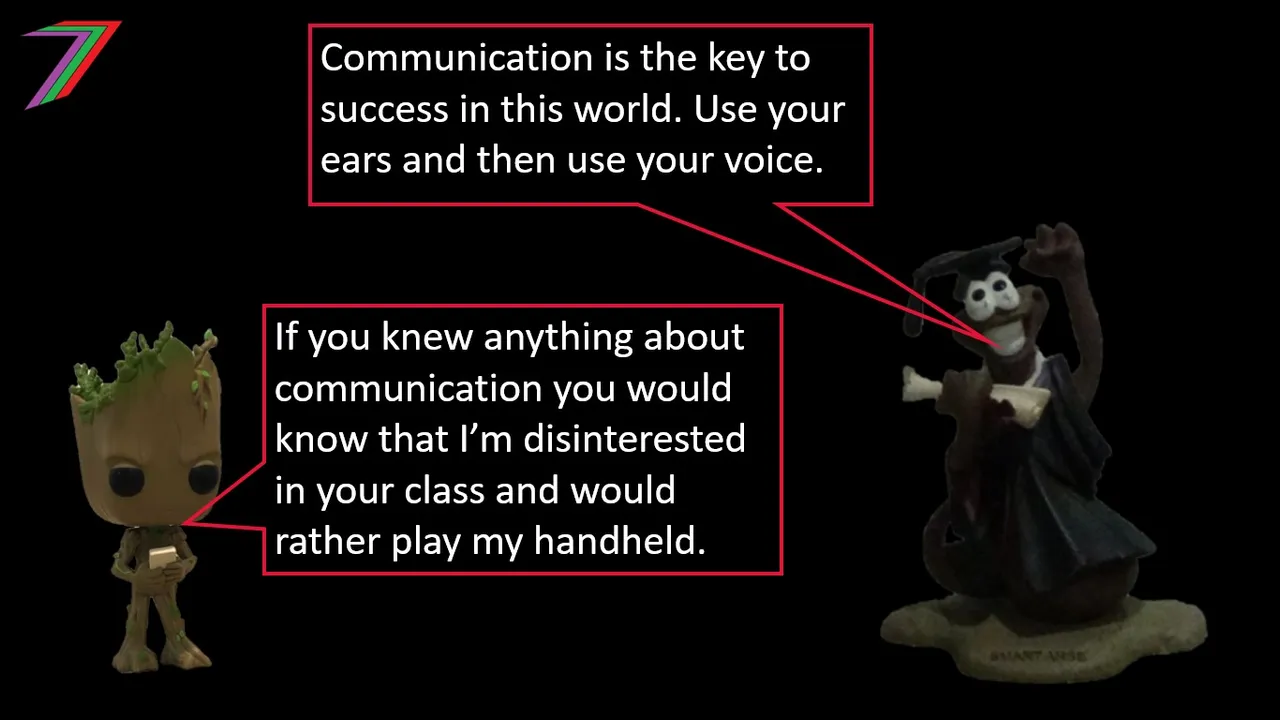
Communication is essential to learning and understanding. It enables us to efficiently absorb knowledge as well as seek out information. It enables us to convey and explain information and knowledge we have acquired to other people. It enables us to form bonds and relationships with people
Communication comes in many forms such as written, spoken, and visual. It is important to learn how to understand how these various forms are used and how each form conveys information. It is important to acquire sufficient knowledge of each communication type to understand the messages being conveyed. As our knowledge of communication improves, it is important that we acquire the skills to use communication to convey information to other people.
Another key aspect of understanding communication is knowing when to use different types of communication. Different people and different groups of people respond more favourably to certain types of communication. Many different factors influence the responsiveness of people to different types of communication. These could include background, culture, age, sex, and extent of knowledge of the content being shared.
Interpretation of our Environment
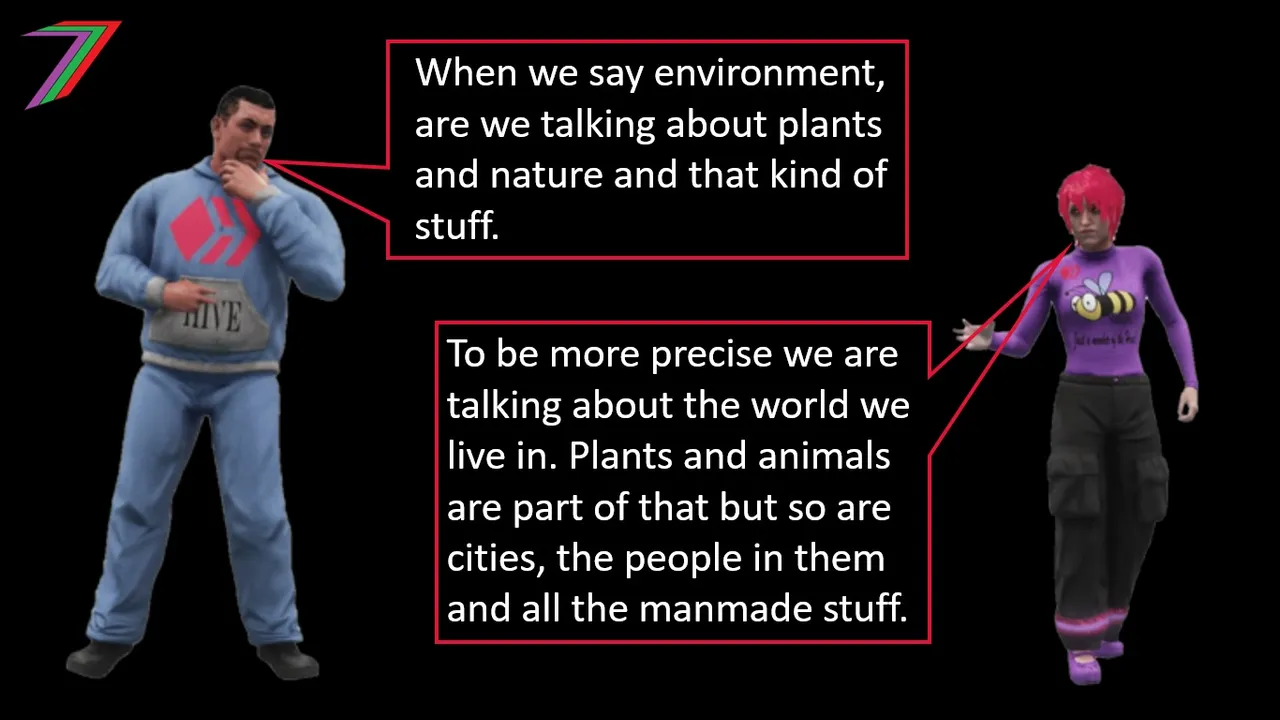
Having the ability to communicate with others creates opportunities to learn and share. However, once we are able to receive information, we need the skills to interpret and understand that information. Numerous techniques can be used to explore information. Therefore, focus should be placed on some basic skills that will help enable the development of some of these techniques.
Learning elementary mathematics is a good start. Mathematics enables us to understand basic numerical relationships. Mathematics can be applied to real world scenarios. Knowing how much of something is required enables tasks to be complete and activities to be organised. Knowledge and skills in elementary mathematics are essential for learning advanced techniques for investigating data, numerical information, and studying relationships between events and actions in general.
In order to understand our environment (both natural and human), we need to understand the relationships taking place in that environment. We need to understand causation (i.e. some events cause other events to happen). We need to understand correlation (i.e. some events have a tendency to occur together without one event necessarily causing the other event). Learning causes and consequences is a good first step. This should be supported with many real life examples of causes of events followed by the consequences of these events when they occur.
Our environment consists of many interrelated systems. Therefore, learning how systems operate will enable us to understand the systems in our environment. Systems vary greatly in complexity but fundamentals of interdependency can be explained and understand using basic examples of systems.
Within our environment, human in particular, many series of events can be described as processes. A process involves several steps designed to achieve a desired outcome. It is important for us to understand how various steps can be used to convert less desirable circumstances to more desirable ones. Each step serves particular roles that contribute to reaching the desired outcome. It is important to understand how different steps feed into each other and the importance of the sequence of these steps. It is important to understand what can go wrong and how additional steps may serve to remedy problems.
Discovery and Exploration
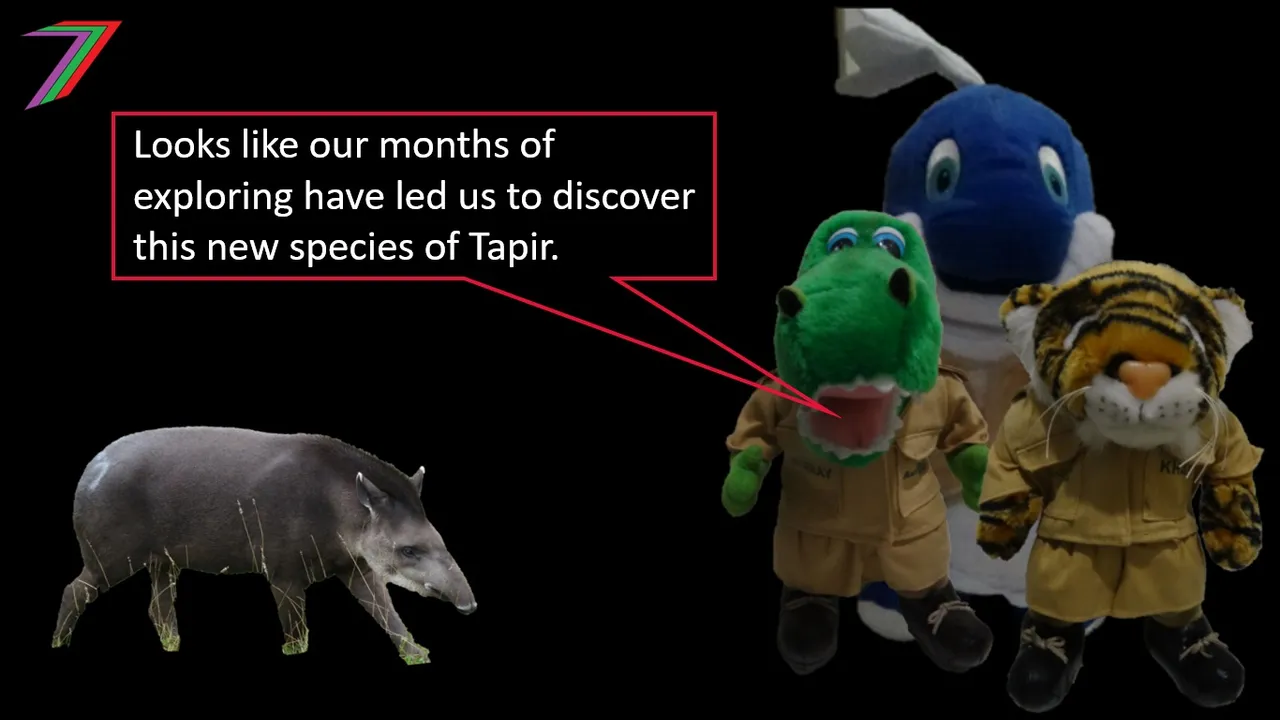
I believe the third essential building block is to provide the skills to enable us to discover and explore whatever we want. This could involve exploring the world around us or even being able to discover more about ourselves. Discovery, exploration, and invention have been critical to the growth of the human species. It has enabled us to achieve a higher quality of life.
Understanding ourselves is likely to be the starting point to how we experience or want to experience the world around us. I believe it is important to learn how to introspect and analyse our own feelings, desires, and ideas. We need to learn to understand why we feel a particular way about something. We need to learn what are our key influences are and why they serve an important role in influencing us. We need to inspect how alternative stimuli could affect us and how we view the world. Understanding what influences us can also help us understand what influences other people and why they may have developed different views about the world.
I believe our imagination can be our most powerful tool. It can enables us to see the world in the absence of restrictions and barriers. It can enable us to explore our own ‘what if’ scenarios. The development of imagination may not be taught directly but it can be encouraged and time should be allocated for it to be practiced.
Creative thinking builds further on the development of our imaginations. Creative thinking is important as it combines imagination with logical thinking. It enables ideas inspired by our imaginations to be applied in real life. Creative thinking involves an amalgamation of skills and techniques. Some of these skills have been discussed in the previous building block (interpretation of our environment). A focus should be on how to combine various skills and techniques with ideas conjured in the imagination as well as enable plenty of opportunities to practice.
To be able to advance our knowledge further we need to know how to conduct our own research. This should involve learning basic research skills relating to both primary and secondary research. Possessing the ability to conduct primary research is important, as it enables us to gather our own information directly from the source rather than relying on second-hand accounts. Knowledge of primary research is also useful for exploring the validity of secondary research. Ability to conduct secondary research is just as important as the ability to conduct primary research, as most information available is likely to come from another source. There is a massive amount of information available on the internet, it is important to have the skills to distinguish between reliable and unreliable information.
Hypothesising is another important skill to acquire early in life. It enables us to develop ideas about how various events and activities could be connected. Testing of our hypotheses can eventually lead to new theories and innovations. To be able to hypothesize requires both imagination and logical thinking. Both of these I consider as important skills. Hypotheses can vary greatly in complexity. Some can be developed with some basic knowledge of research techniques and analytical ability. For example, banging on a drum for more than 5 minutes will elicit a negative response from the person in the next room. Other hypotheses can be considerably complex and require other specialised skill sets. Obtaining these types of skills should be offered as choices in later education.
Learning to develop a habit of regularly questioning information we receive can enable us to construct relationships between what we are informed and what we observe. If it becomes apparent that there are inconsistencies, we should form the habit of questioning further to establish if we are missing information or if the information we have received is unreliable. Both outcomes are desirable. Obtaining a more complete picture of events is to our advantage as we can obtain greater understanding. Learning that we have been misinformed is also useful as we can pursue the correct information.
Linking the Building Blocks
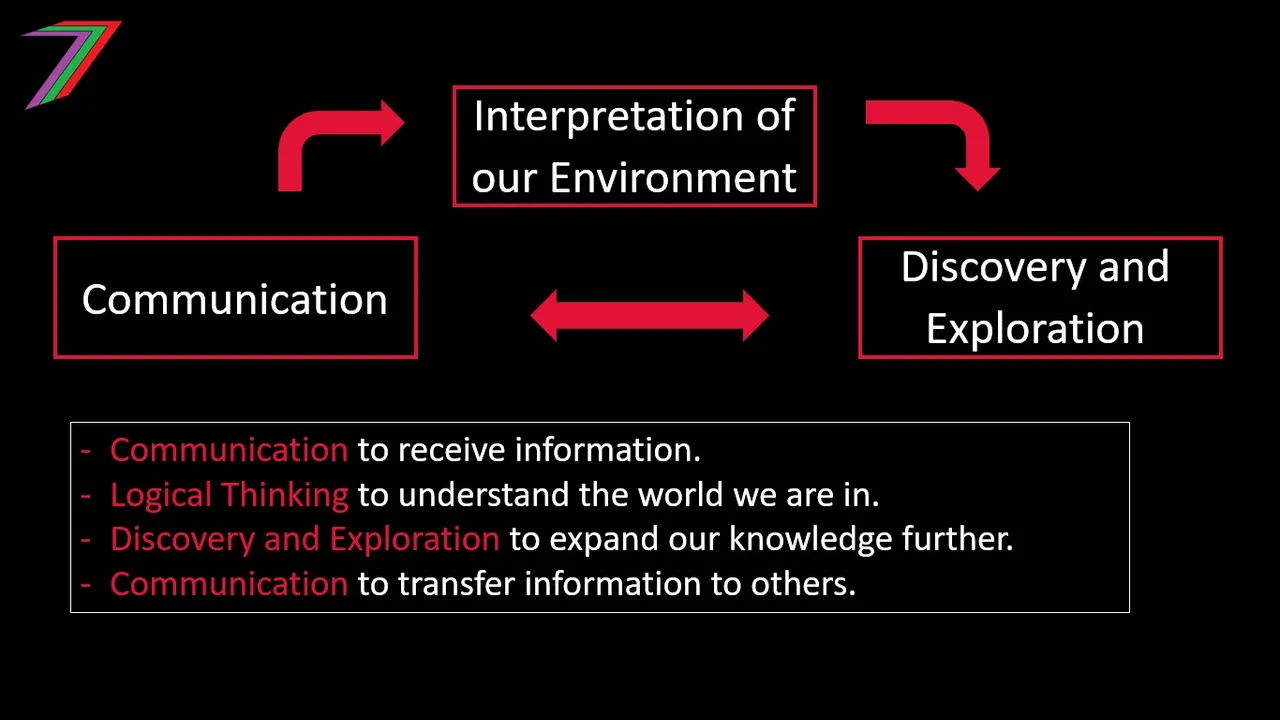
The blocks and the contents of the blocks I have discussed in this post are not extensive. Any knowledge and skills that enable a person to expand his or her potential to pave their own education should be a positive inclusion to an education program. However, anything taught in a building block needs to be at a basic level. People need to have the freedom to choose the advanced skills and knowledge they want.
Knowledge and skills taught in the building blocks should support each other. Communication enables people to receive information, which will enhance their ability to learn new things. Interpretation of our environment enables people to become familiar with the world around them, which will enhance their ability to expand their knowledge as well as form a foundation to build creative new ideas. Discovery and exploration enables people to experience beyond what the world currently has to offer. This can lead to innovation and creative approaches. Finally, we return to communication, which can be used to share information and knowledge acquired from discovery and exploration with other people. Communication is also important during the discovery and exploration journey as it can enable collaboration and cooperation to build on ideas together.
Assessment
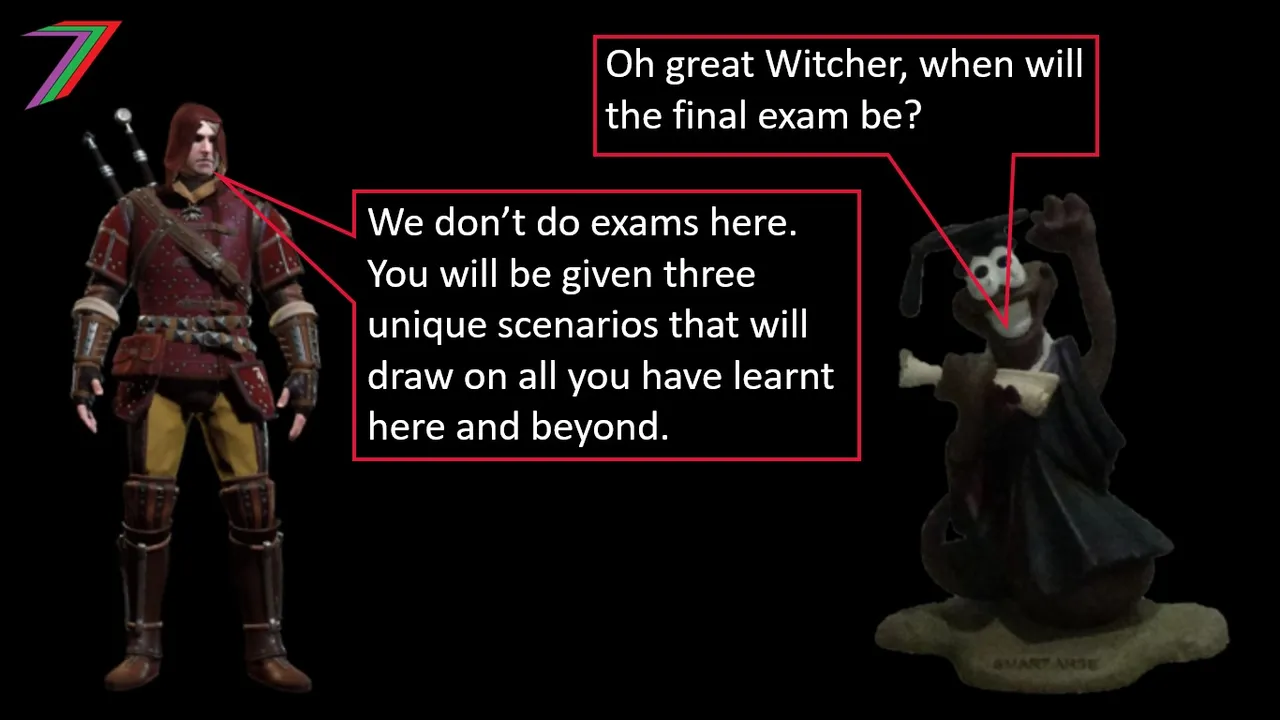
Assessment is an important part of an education. It provides a measure of how much a person has learnt from a course. It provides incentive to learn and achieve, as a good assessment result is perceived a reward for learning. The importance and emphasis of assessment often encourages people to learn in a way that will enable them to perform best in the assessment, which may not be the best way of learning to retain knowledge, skills, and ability. Examinations are one of the most common forms of assessment. However, examinations do not reflect real life use of the information learnt. Examinations also limit years of study to just a handful of questions to be answered in just a couple of hours. Assignments are another form of assessment commonly used. Assignments offer a much wider scope than examinations; therefore, could offer an assessment outcome more reflective of ability. However, assignments often follow a similar question format to examinations. This is because they are often used to prepare students for examinations. For assignments, it is often difficult to verify if the student has genuinely completed the assignment by themselves or if they have had help from someone else.
In my post Scenario Questions (Economics), I discussed the use of questions that present students with specific scenarios. These questions are open ended and do not require a particular answer. Instead, these questions enable the student to apply any knowledge, skills, and abilities they have acquired to formulate a response. These questions would not be timed in an examination but would be treated as an assignment. Cheating would be difficult as predetermined answers would not be available. This is because questions are presented as unique scenarios. The scenarios would be designed to represent real life application of content learnt.
Conclusion
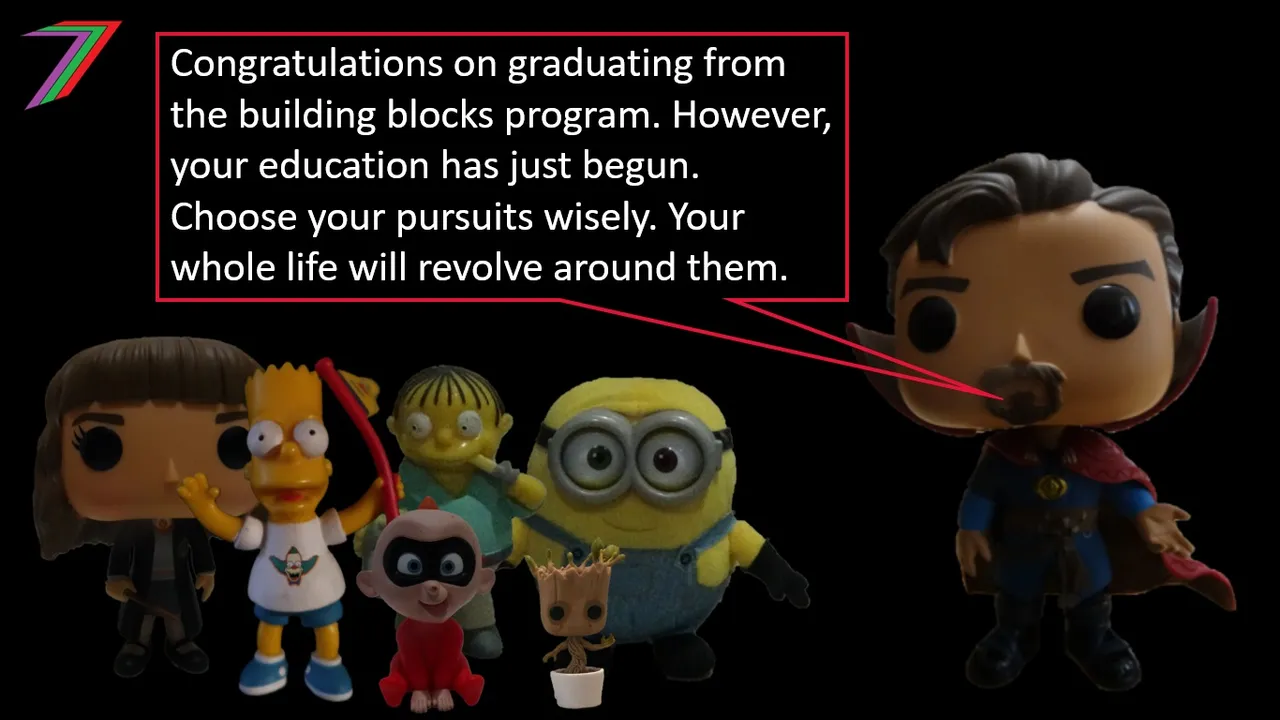
This post focuses on areas that I believe are important to putting someone on the right path to obtaining a good education. The three building blocks are focused on providing the skills to enable people to position themselves to pursue the knowledge and abilities they believe will be most valuable to them as well as most enjoyable to them. People are more strongly motivated to learn about something that aligns with their interests.
Acquiring a good education is a lifelong process. There will always be new things to learn and some things we will need to be revisited. It is important to keep an open mind to new ideas or information but also be willing to scrutinise these ideas and information. A good start to an education will enable a person to decipher the most useful ideas and information from those that add little, no value, or are even detrimental to us.
More posts
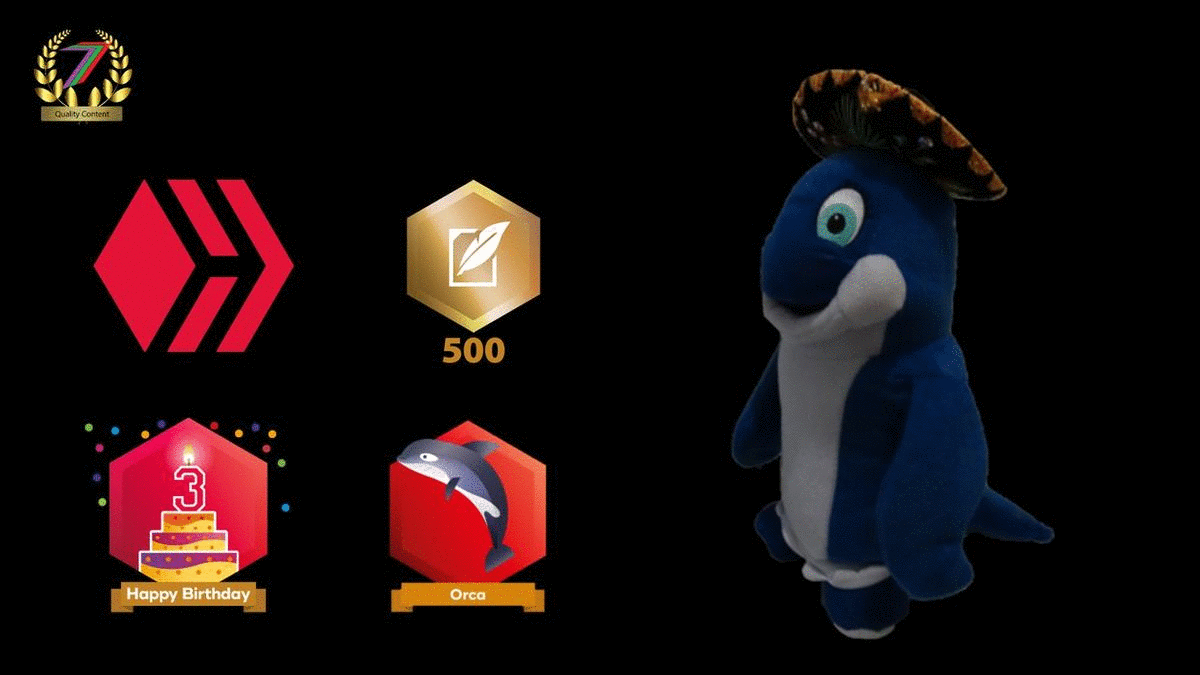
If you want to read any of my other posts, you can click on the links below. These links will lead you to posts containing my collection of works. These 'Collection of Works' posts have been updated to contain links to the Hive versions of my posts.
My CBA Udemy Course
The course contains over 10 hours of video, over 60 downloadable resources, over 40 multiple-choice questions, 2 sample case studies, 1 practice CBA, life time access and a certificate on completion. The course is priced at the Tier 1 price of £20. I believe it is frequently available at half-price.
Future of Social Media
